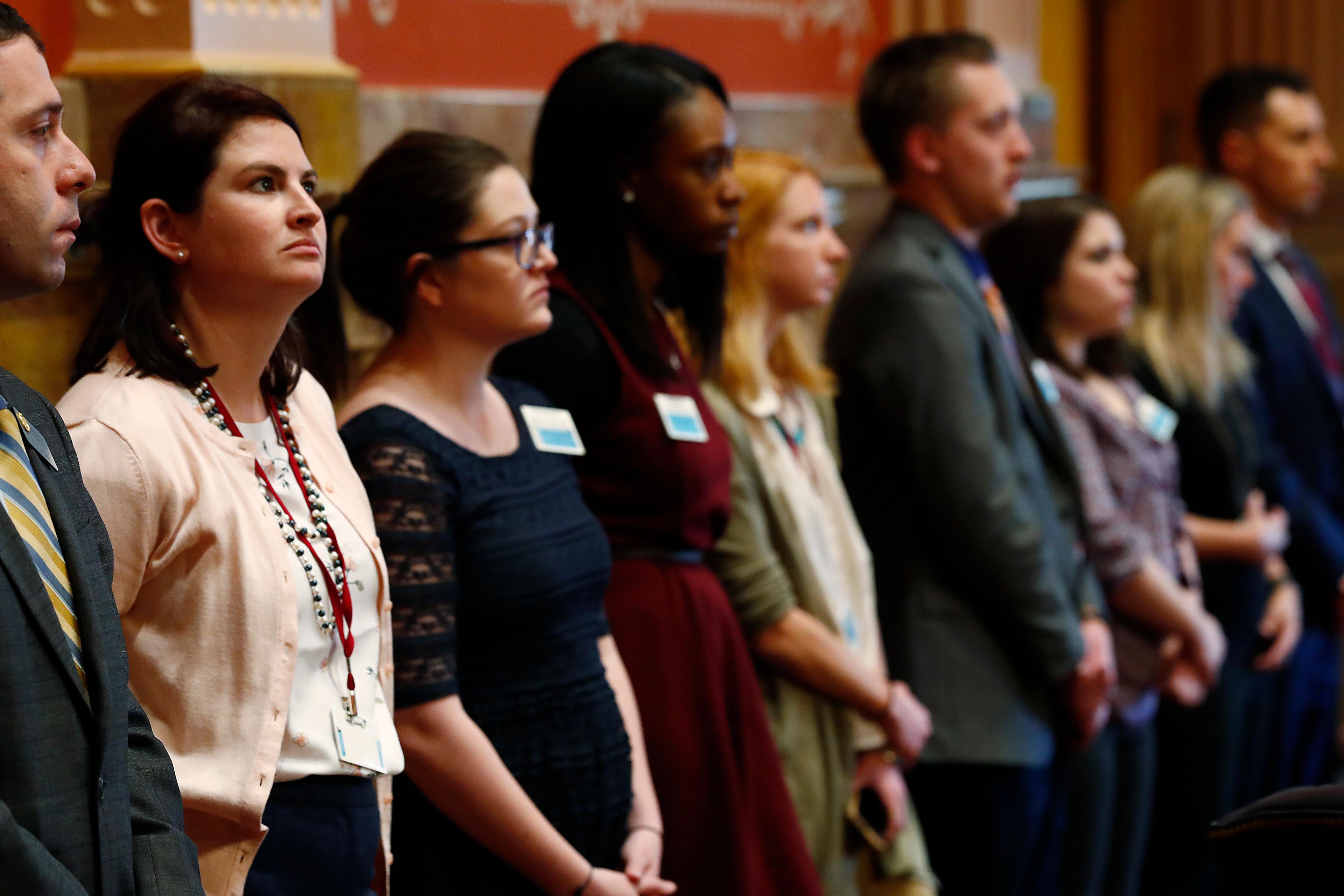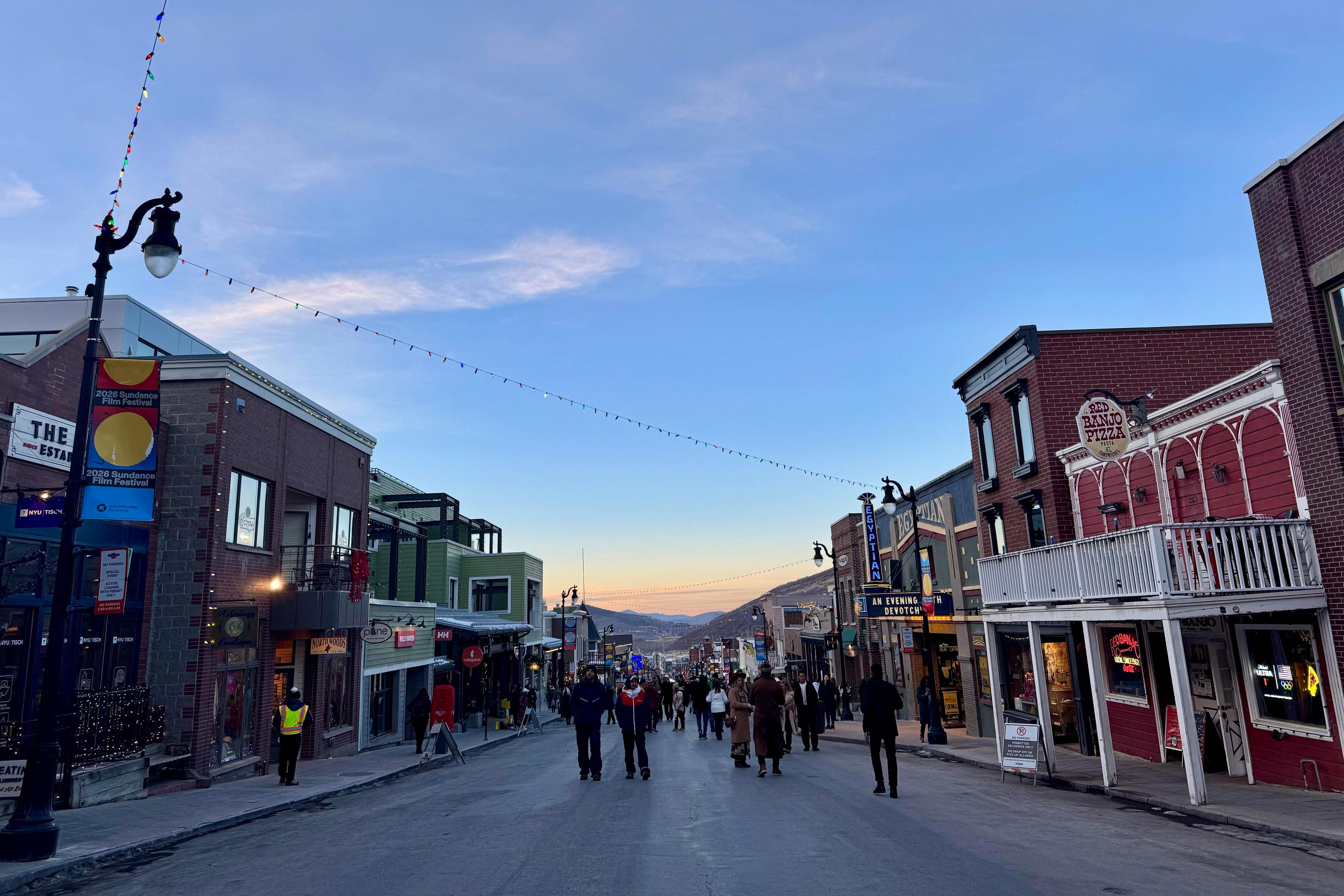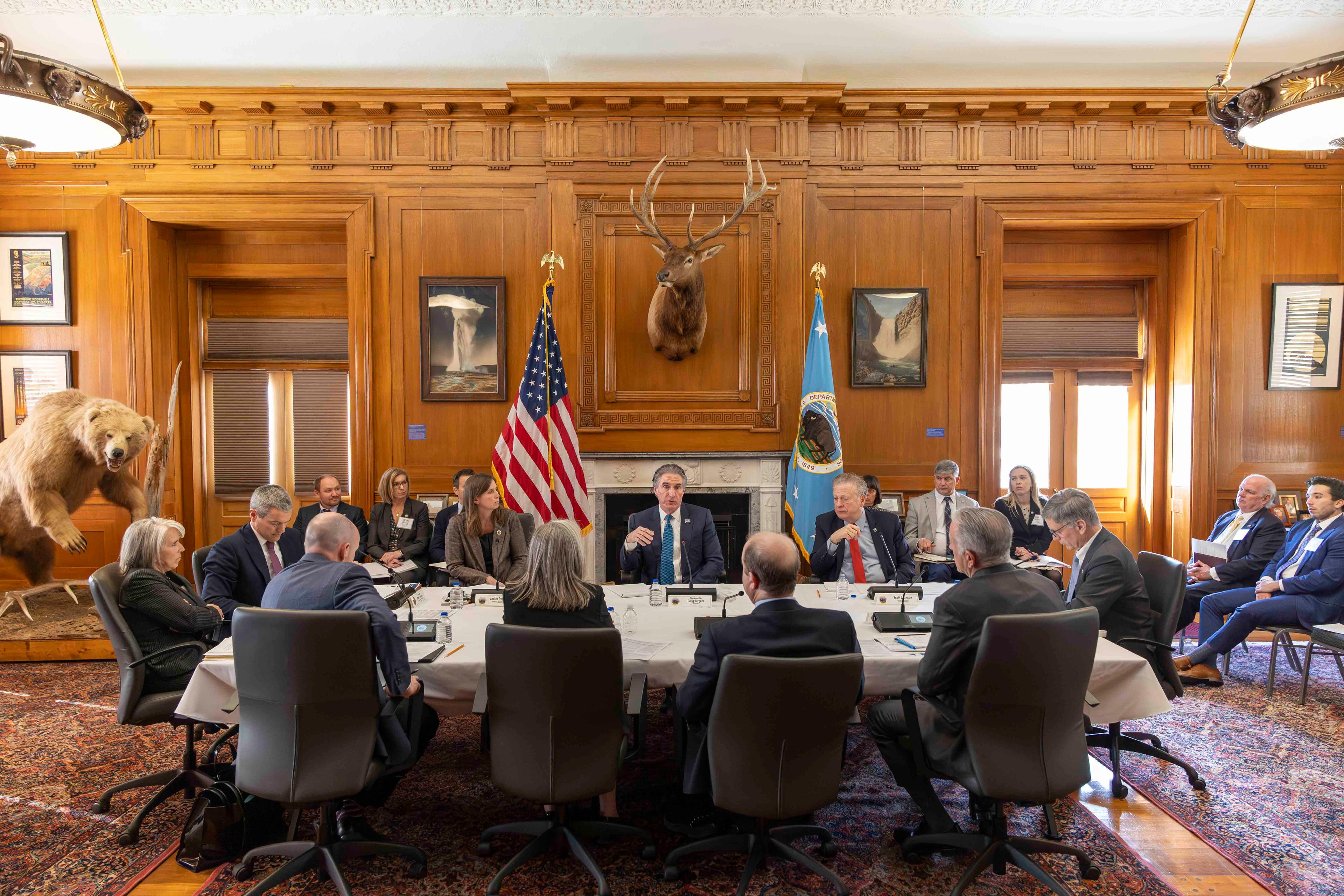

Colorado lawmakers received a lengthy report Thursday on workplace culture at the state Capitol that includes recommendations on how to improve their sexual harassment policies.
The report, at more than 230 pages, is based on interviews with dozens of legislative employees and a survey of more than 500 people who work at the Capitol. Most survey respondents said they feel comfortable, safe and respected at the workplace. But more than a quarter said they've either seen or experienced sexual harassment in the workplace, and far fewer actually report it.
"Our data suggest that harassment is not limited to off-premise events and is not occurring only when alcohol plays a role," the report says. "Harassment in the Legislative Workplace also occurs in partisan offices and working areas, and public areas."
Currently, Colorado's policy considers allegations, investigations and punishment confidential and off-limits to the public. It's up to the accuser whether to release his or her complaint. It defines offensive conduct, but leaves it up to legislative leaders to decide what punishment, if any, to mete out against fellow lawmakers. And it allows third-party investigations that experts say makes it easier for victims to file complaints but which some lawmakers consider incomplete or biased toward accusers.
Critics say that current policy doesn't do enough to protect the harassment complaint process from political partisanship.
To address that, the report suggests that an independent panel should handle investigations into unlawful conduct by lawmakers. It imagines a panel of five members made up of outside lawyers and arbiters along the lines of an ethics committee.
The report also suggests a new Office of Legislative Culture led by a human resources director. Like a traditional HR department, it would manage harassment training, professional development and oversee all harassment complaints.
In addition, the report recommends specific protections for legislative interns, who many see the Capitol's most vulnerable and least protected workforce. It proposes special harassment prevention training for interns and a ban on romantic relationships between interns and lawmakers.
"This historic moment presents the opportunity for the General Assembly to change its culture to create one in which all persons feel safe to come forward, and that is built around civility, trust and respect," the report says.
Lawmakers had hoped to use the report to adopt a new harassment policy before the session ends May 9. But they strongly suggested Thursday that work on a new policy will take longer than that.
The reports comes toward the end of a legislative session marked by debate after debate about sexual misconduct at the Capitol.
For four weeks, Colorado's Democratic senators have ended each morning's floor business with appeals, many of them painfully personal, to debate whether to expel a Republican lawmaker accused of groping a young aide's buttocks. The expulsion vote failed.
That contrasted with the dramatic March 9 expulsion of a suburban Denver representative accused of harassing five women, including a fellow Democrat. Steve Lebsock was the second U.S. state lawmaker ousted over misconduct since the rise of the #MeToo movement last fall.
"I love working here, but this was also the first place in my career that I experienced sexual harassment and pervasive sexism," Sen. Kerry Donovan said during one of those appeals for debate. She said she has been judged on her "appearance, willingness to date, marital status, haircut, sexual orientation, and vocal assessments of my butt and legs."
An Associated Press analysis in January found that more than three-fourths of U.S. states have at least one legislative chamber that has updated its sexual harassment policy during the past several months, developed specific proposals to do so or undertaken a review of whether changes are needed.
"Suffice it to say every state is looking at this right now," Elizabeth Rita with the Investigation Law Group, the firm that authored the report, told Colorado lawmakers Thursday. "We certainly not alone. We commend you for doing a real deep dive on this. Not every state is doing that."
Legislative leaders say they will soon decide what next steps they should take.
The Associated Press contributed to this report.







